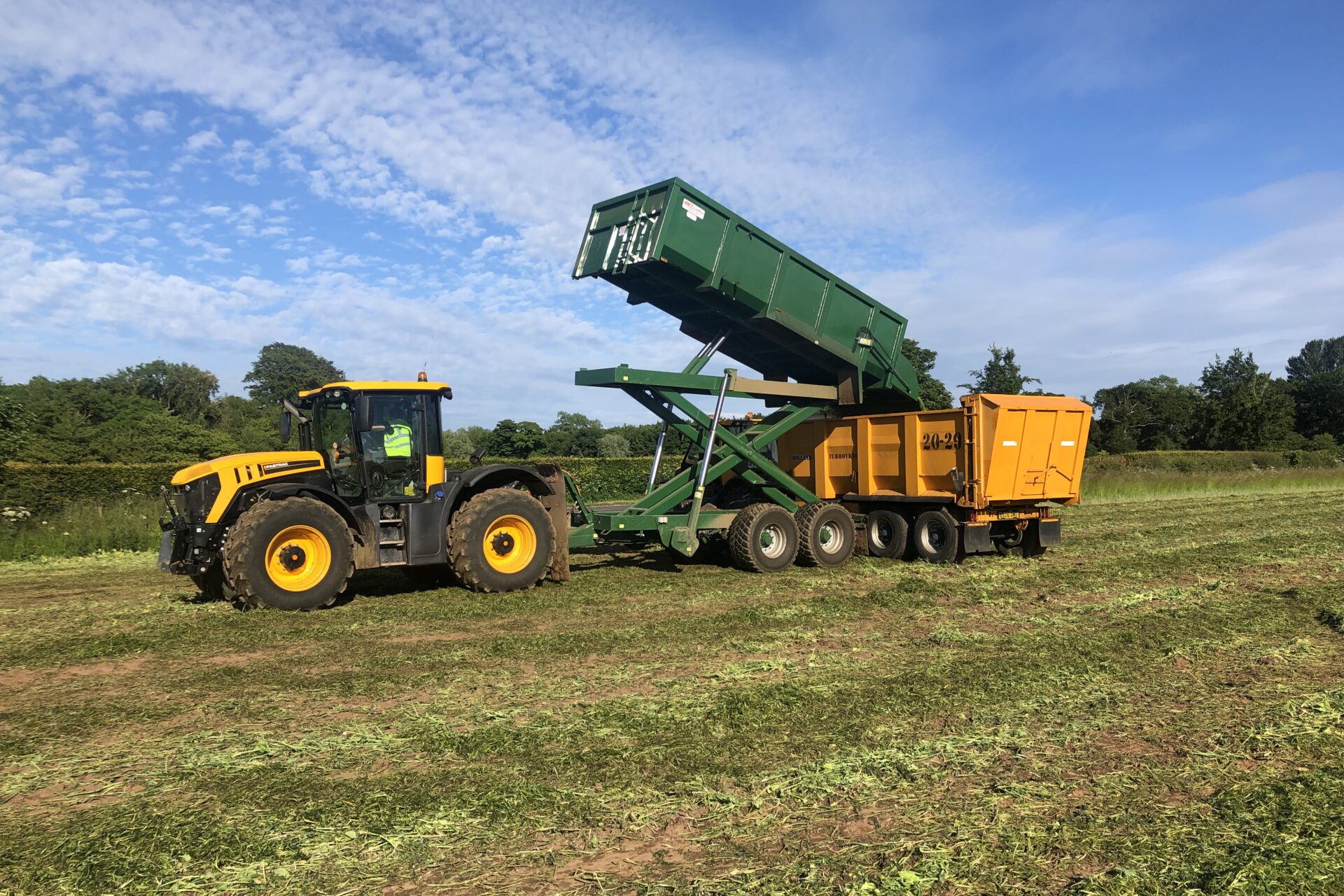by Richard Byass – Operations Manager
See in original format: PBGA Newsletter
CROP YIELD AND QUALITY ASSESSMENT
Crop Update: Lower Yield and Good Quality
This growing season was not ideal, resulting in slightly lower overall yields than
our five-year average. Additionally, we’ve noticed surprisingly large differences
between some varieties this year. Despite this, we are pleased to report that the
majority of the crop has achieved ‘150-minute garden’ and ‘petit pois’ grades,
which are being sold to most major supermarket outlets. The remaining portion is
being sold to the food service sector (catering trade). All of the crop is being
marketed through Fullers Foods, based in Leeds.
WEATHER AND ENVIRONMENTAL FACTORS
Challenges Faced During the 2023 Growing Season
Ideally, the drilling process should commence in early March when the soil is at 7
degrees Celsius. However, due to the colder spring, this was pushed back to
26th March, which immediately put us on the “backfoot”.
Inevitable adjustments and compromises to the drilling plan were made, which
then played out at harvest.
Despite this, the pest and disease pressure was relatively low with only
moderate levels of downy and powdery mildew. Aphid levels never reached the
threshold level, allowing us to forego the use of insecticides. Weather extremes
are always a challenge when aiming for a consistent, high-quality product, and
the 2023 growing season was no exception. This is now becoming the “norm,”
and we must prepare for these conditions in future seasons.
BEST PRACTICES IN CROP MANAGEMENT AND MAINTENANCE
Acknowledging the Ever-Changing Landscape of Agriculture: A Focus on
the Vining Pea Industry
It’s vital to recognize that the farming industry is continually evolving, with the
vining pea industry leading the way. As environmental objectives shift, best
practices are changing as well. Moving away from traditional soil inversion, we
are seeing more adoption of min-till and cover crops. Moreover, the emphasis
has shifted to cultural control of pests and diseases, with a significant reduction
in Plant Protection Products, and a renewed focus on threshold levels.
CHALLENGES AND INNOVATIONS IN THE AGRICULTURAL INDUSTRY
Insights from My Visit to van Waveren Trial Site in Germany
During my visit to the van Waveren trial site in Germany, I had the pleasure
of meeting the research team responsible for the breeding program. It was
evident that everything begins at this stage, and selecting plant genetics
plays an essential role in producing a crop suitable for the market. Despite
the ongoing technological advancements in crop establishment and
harvesting machinery, more advanced technology is necessary to remotely
monitor crop growth accurately. This will help capture more value in the
crop.
Our team of colleagues for both field and factory operations is exceptional,
and we value their input in overcoming the challenges we face. We hold
regular team discussions to enhance our operations.
One of the challenges we encounter is competition from government
environmental schemes. Growers are increasingly drawn to these programs
due to their low risk and guaranteed returns without upfront investment.
SUMMARY OF THE SCOTTISH BORDERS SEASON
Evaluation of Crop Performance
- The quality of the crop is very good.
- The yields are slightly below average due to elongated season brought
about by ‘less than ideal’ weather conditions. - The variability in varietal performance was higher than usual, which is
why we cultivate over 30 different types to decrease risk and alleviate
seasonal variations.
See in original format: PBGA Newsletter
As SBP’s Operations Manager, Richard is responsible
for all aspects of the growing process.



